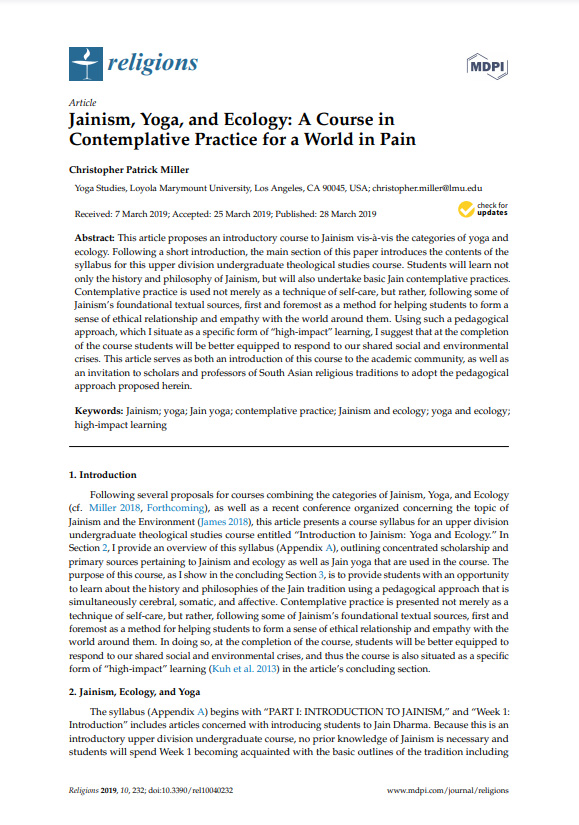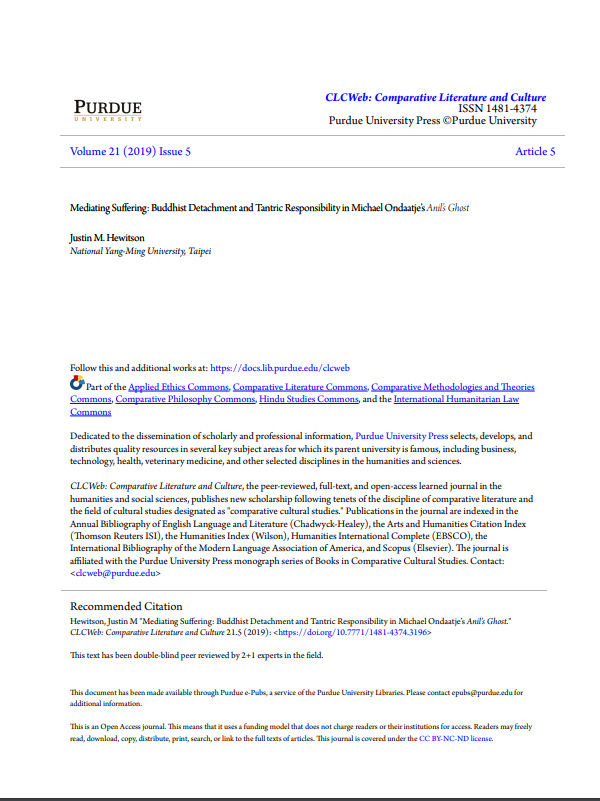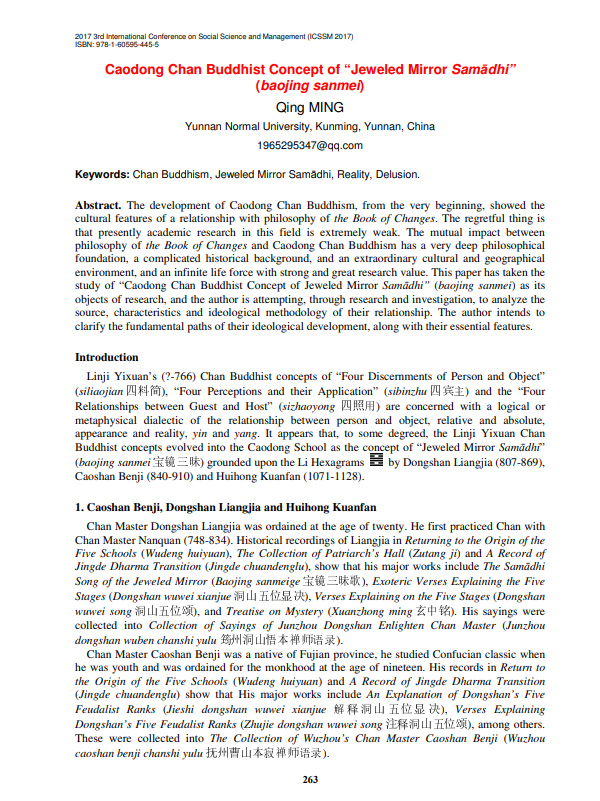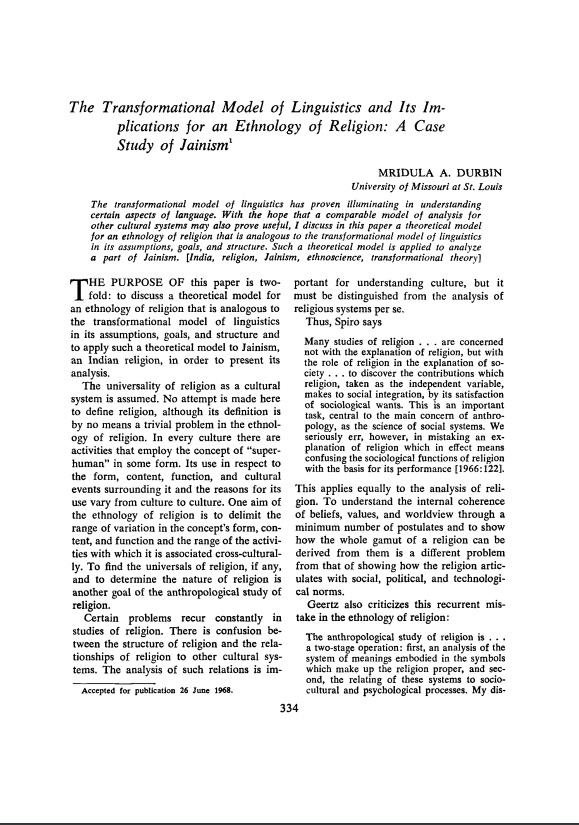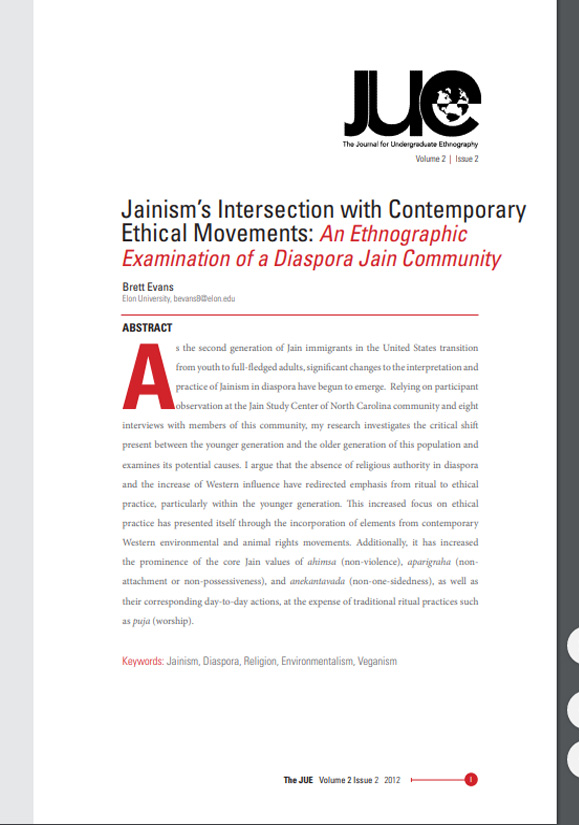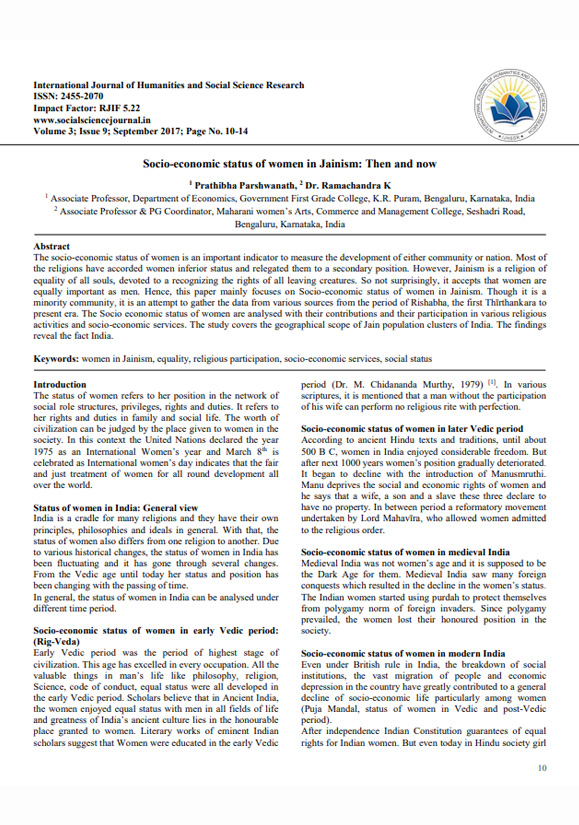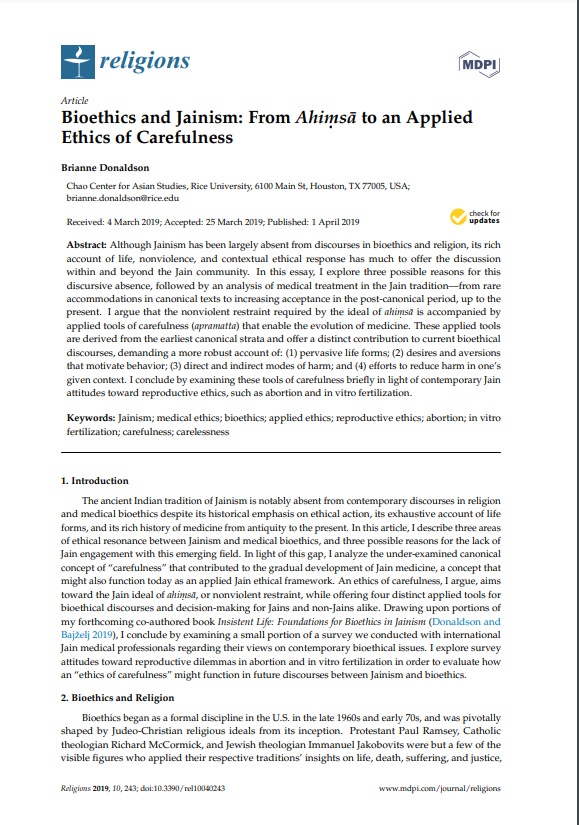Jainism, Yoga, and Ecology
(0 Reviews)
This article proposes an introductory course to Jainism vis-a-vis the categories of yoga and ecology. Following a short introduction, the main section of this paper introduces the contents of the syllabus for this upper division undergraduate theological studies course. Students will learn not only the history and philosophy of Jainism, but will also undertake basic Jain contemplative practices. Contemplative practice is used not merely as a technique of self-care, but rather, following some of Jainism’s foundational textual sources, first and foremost as a method for helping students to form a sense of ethical relationship and empathy with the world around them. Using such a pedagogical approach, which I situate as a specific form of “high-impact” learning, I suggest that at the completion of the course students will be better equipped to respond to our shared social and environmental crises. This article serves as both an introduction of this course to the academic community, as well as an invitation to scholars and professors of South Asian religious traditions to adopt the pedagogical approach proposed herein.
Language title : Jainism, Yoga, and Ecology
Author : Christopher Patrick Miller
Publisher : Published 2019
Category : Articles
Sub Category : Sociology
Advertisement



